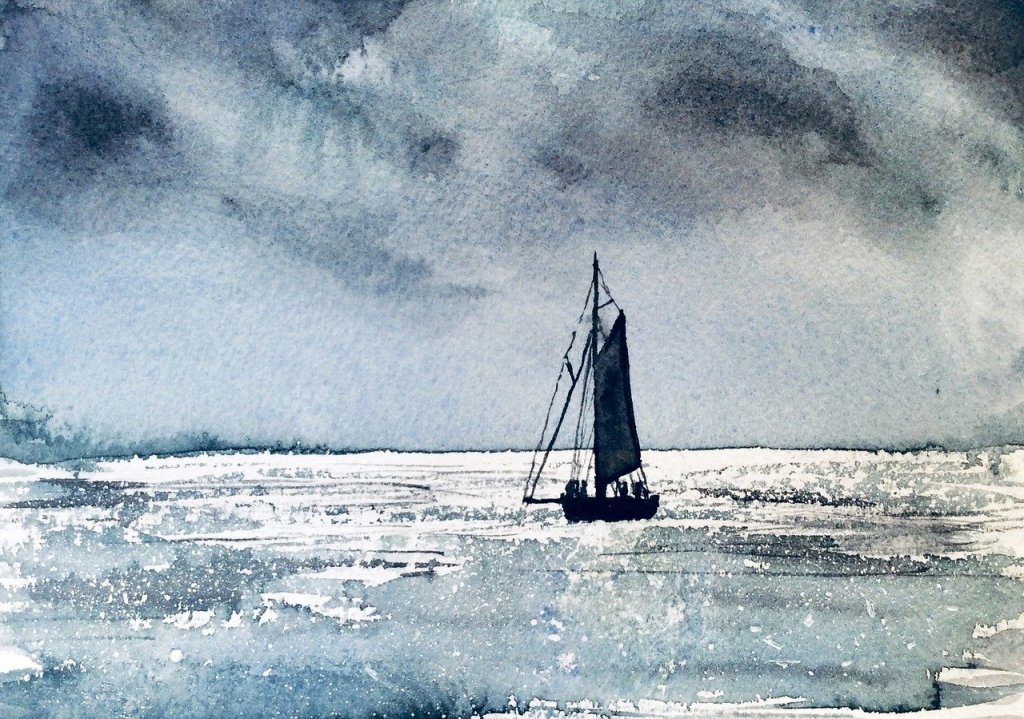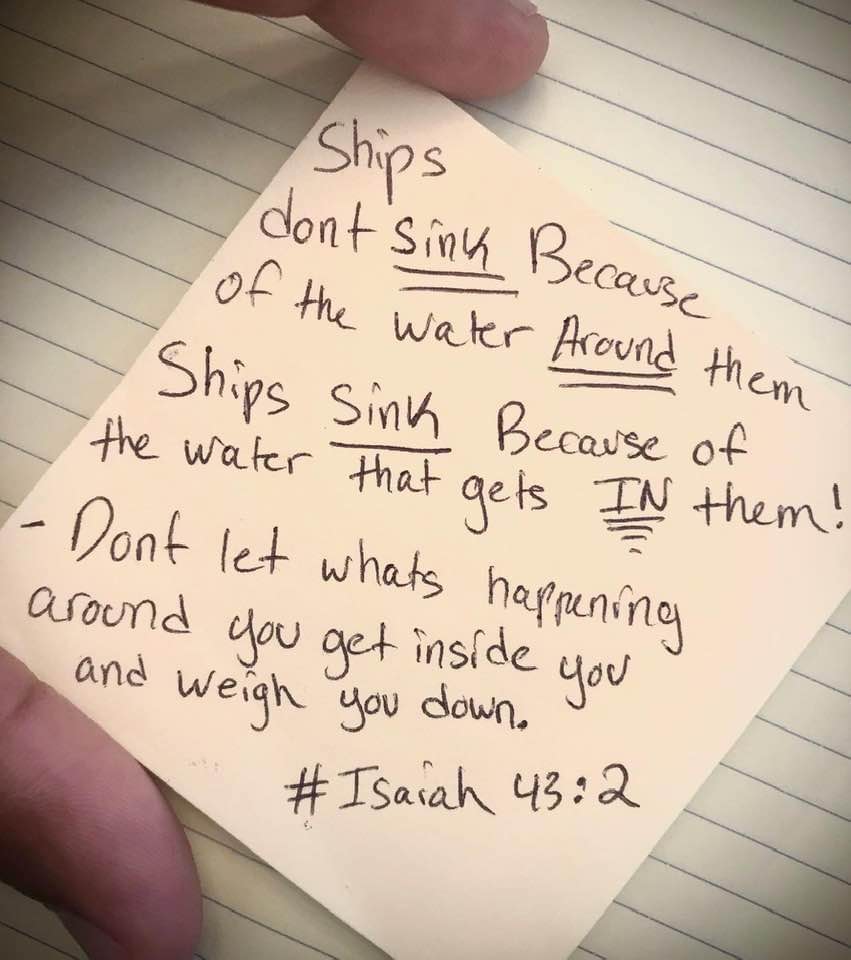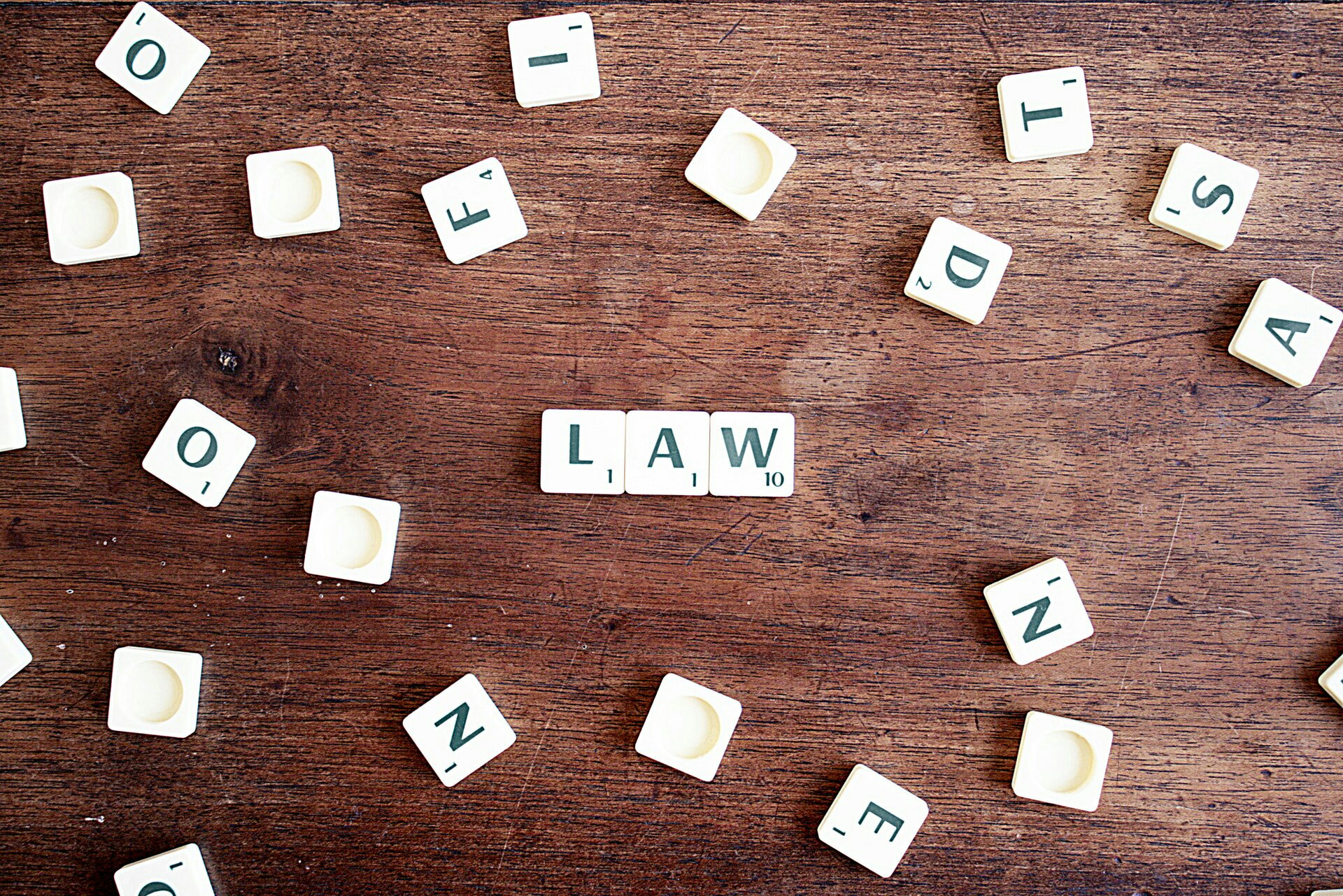“He saw them straining at the oars, because the wind was against them. Very early in the morning he came toward them walking on the sea and wanted to pass by them. When they saw him walking on the sea, they thought it was a ghost and cried out, because they all saw him and were terrified. Immediately he spoke with them and said, ‘Have courage! It is I. Don’t be afraid.’ Then he got into the boat with them and the wind ceased.“
Mark 6:48-50

I’m not a very good swimmer. I can admit that, and while I don’t shy away from it, I also don’t usually plan any long distance swims in open water, just for fun, either! Like a lot of people, there’s something about deep water that just scares the bajebers out of me. It’s unsettling, and when the water is rough as well and I’m struggling to stay afloat, the survival instinct kicks into high gear, creating an emotional state of sheer panic. I think that’s what the disciples must have felt as the wind kicked up and they began to struggle. I can relate to the fear they felt as they struggled with their task. There have been times that I have struggled, too, and to make things worse, right in the middle of it all a storm pops up to add yet another layer of fear and anxiety.
Earlier in the chapter (v. 45) Jesus made his disciples get into the boat and go ahead of him to the other side, to Bethsaida, while he went up to the mountain to pray. He set them to their undertaking. God does this sometimes. He puts us to a task, watching and praying over us from afar as we struggle with it, trying to figure it out on our own, saying “I got this” while He waits for us to realize that the task is given to us so that He may work through us. His purposes are not at all clear to us, catching only small glimpses at times, but His simple request of us is that we yoke ourselves to Him and trust that He’s got this.
This whole tale, as Mark tells it, is a metaphor, an observation about just how difficult it can be to follow Jesus. He sets us in our boat (life) and sends us out into the deep (the world) to accomplish his will. It’s not easy. We push against the oars, struggling with the prevailing winds of popular opinion and “consensus” that surround us with doubt and uncertainty. We become mired in the moment, following fear rather than faith.
Similarly, this same story in Matthew, where Peter tries to walk on water, is also a commentary about how we handle the tasks that God gives us to do. It goes further by illustrating how hard it can be to keep our faith during times of turmoil, even when we know that Jesus is right there in front of us, ready to help as we call out to Him. We still stumble, lose our focus and let the fear of the unknown control our actions as He stands by with outstretched hand. He simply asks us to not only believe in Him, to also believe Him, to keep our faith, to trust, to let Him take control of the yoke that guides us to where He would have us go, all the while telling us, “have courage! Don’t be afraid. I am with you.”
A Prayer: Heavenly Father, Help me to know beyond all doubt that you are there, beside me as I struggle through this life. Give me Your strength, Your courage to move forward without fear. Give me eyes to see Your will for my life and ears to hear Your voice as you whisper, “I am with you.” Amen
~SLM




